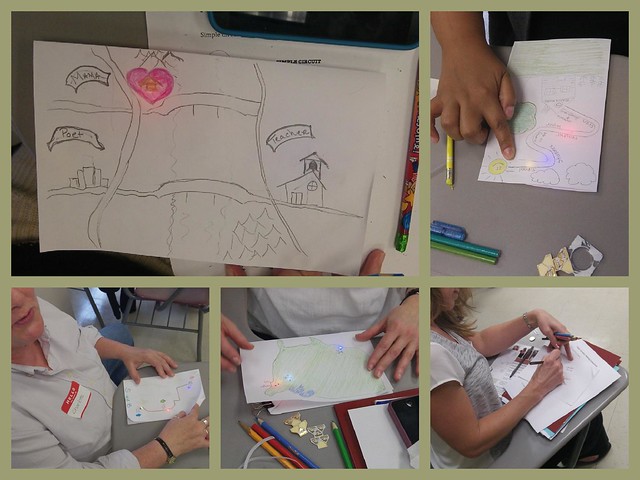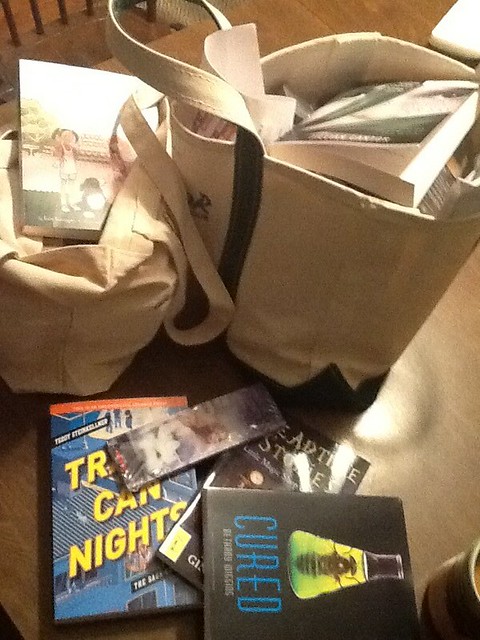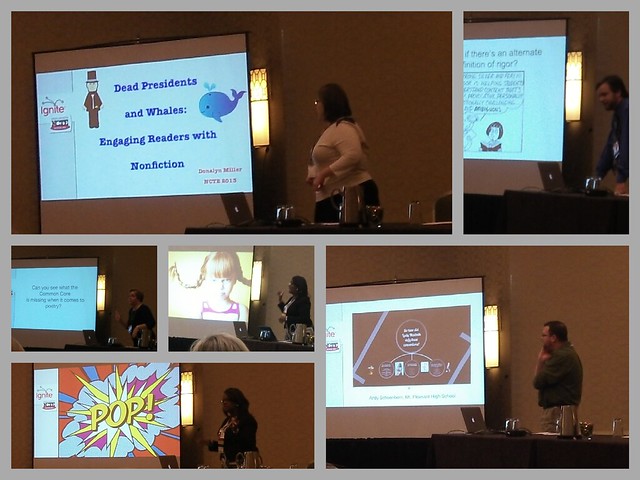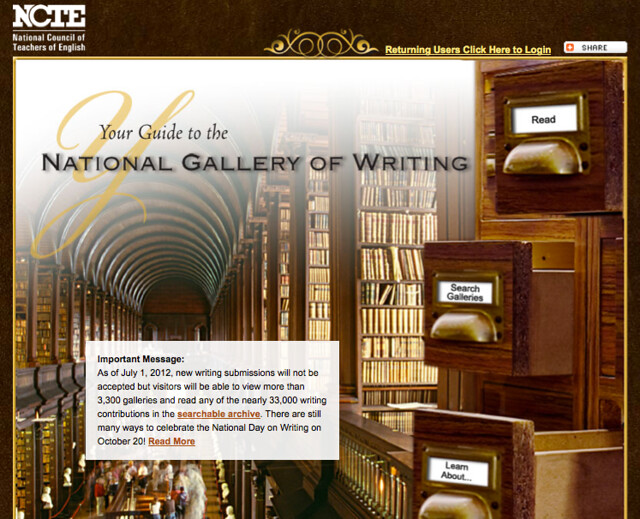Listen to the post:
Audio recording and upload >>
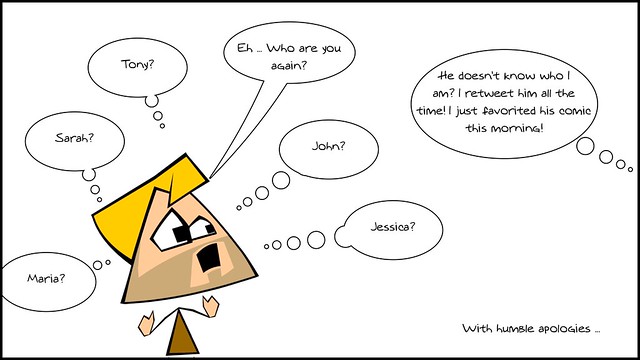
An essay as apology to those whose names I forgot
My friend,
I’m sorry I forgot your name. I apologize if my eyes darted quickly from your face to your name tag, and then back up to your eyes as you began to speak. Did I look confused? Lost? Or out of place when we were talking? I probably was. My brain was working to remember your name, to place you in my constellation. I blame Google for making me stupid. No. I blame genetics and memory cells. Darn you, Mom and Dad.
The fact is that as much as I love coming to educational conferences and hanging out with everyone in person after all the time that we spend in online spaces exploring writing and making cool stuff, I am finding it a wee bit trickier over the years to remember all of you when we finally get to a face-to-face situation. That’s not completely true. I never found it easy and I always thank the Conference Gods who provide us with name tags.
It’s not you; it’s me.
You seem to have no trouble remembering me. I appreciate that. Perhaps my restless online presence translates into a strong physical presence? <Cue laugh track>. Of course, you would not likely recognize me from my “dogtrax” avatar. Unless you squint your eyes, use your imagination and maybe do a few shots of whiskey first. And by the way, if we are at the same bar when you do that whiskey shot to spark your imagination, call me over. I am buying. We can imagine together.
Maybe it’s my walk and not my avatar that you recognize. My wife says I have a distinctive walk, and one of my former colleagues who I ran into at NCTE (no, I did not recognize her when she called out my name and she even taught two doors down the hall from me … 11 years ago … But still, I should have her face in my memory banks, right? Right. Sigh) said she recognized me from afar from the way I was walking down the hallway. I find that hard to believe. Do I have a funny walk? I personally think it is the rest of the world that is slightly off-kilter. I walk with perfectly normal strides.
But, if you recognized me by my walk or from my avatar or from some various hangout or whatever (maybe even from that whiskey bar), and I failed to do the same of you and your walk, I am so sorry. Perhaps your walk is on the so-called normal scale. There were a lot of people there, after all. (although now that I think of it, if we did hang out in that whiskey bar, both of our walks might be a bit funny by the end of our conversation.)
Still, when I hear someone saying “Kevin” or “Dogtrax” from across the room, I think: This .. is … so … cool. Someone I know is here. I get excited about the connection. I do. After all, what we do online should spill to what we do offline, if the possibility exists. When it happens, it’s an amazing connection, like some two-pronged electrical plug. Inevitably, though, I draw a blank when your hand reaches out to me and I feel dumb (again …. Google) and scramble my brain for your name. I mean, you took the trouble to remember me. I should remember you. I quickly calculate, what space were you in with me? What projects did we collaborate on? Are you sure we know each other? I don’t want you to ever think that what we did together is inconsequential nor without meaning, which is why a small panic builds inside of me. I valued our work. I just can’t retrieve your name from my data banks right at this second.
I have decided a strategy is in order. So I have begun stringing various name together, sort of like lights on the holiday tree. Or a run-on sentence. Names name names. I just need to make sure none of the lights go out on that string of ours, and I will be good to go. There’s a whole year to go until our next big conference. A whole year to learn how to remember.
Or a whole year to forget … Damn it. See you at the bar. I’ll be the funny-walking writer who looks a little confused. Come on over and let’s talk about things for a bit. Make sure you introduce yourself first.
Peace,
Kevin
